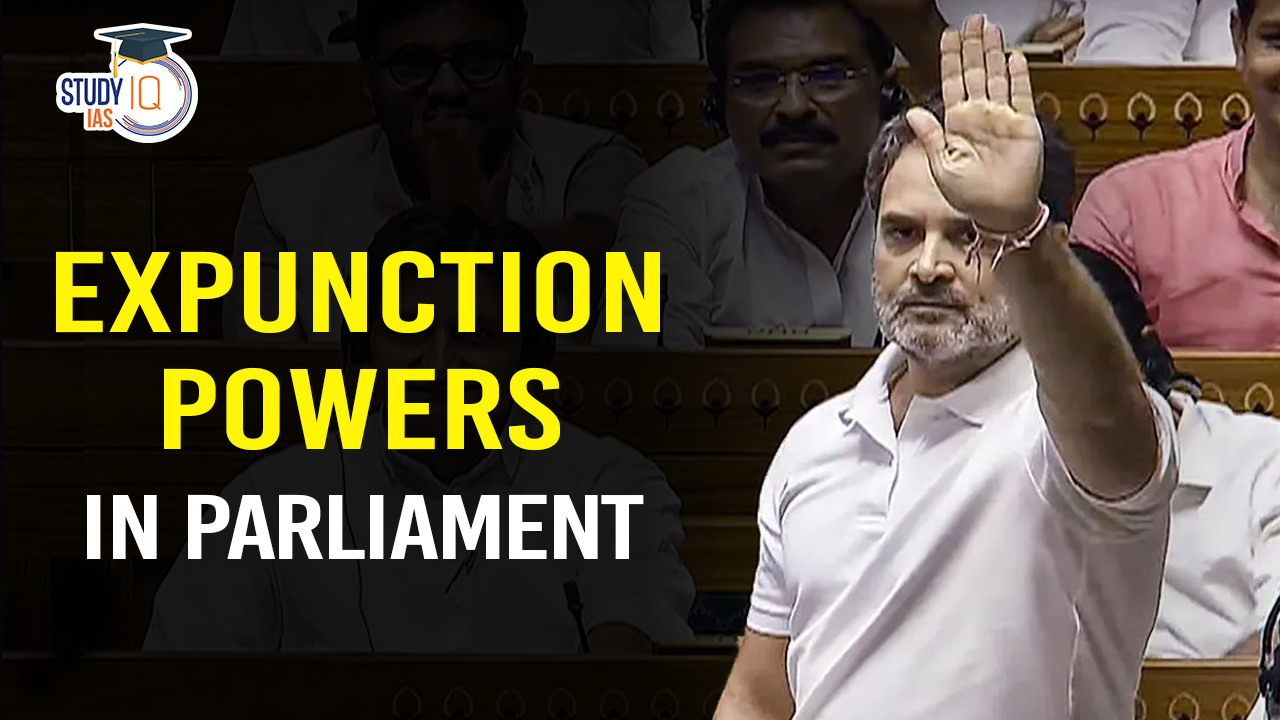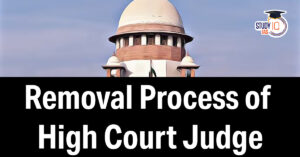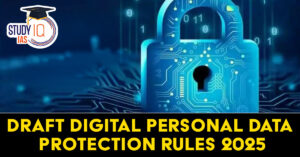Table of Contents
Context: During the first special session of the 18th Lok Sabha, there were notable incidents involving the expunction of remarks by leaders of the opposition.
Expunction Powers in Parliament
Expunction powers in the Indian Parliament are vital for upholding the standards of parliamentary discourse. They allow the presiding officers of both houses to intervene and maintain the integrity of parliamentary proceedings, ensuring that debates remain respectful, relevant, and accurate.
Constitutional Framework
- Article 105 of the Indian Constitution grants MPs privileges and freedom of speech in Parliament, but this is regulated by constitutional provisions and house rules.
- Words deemed “defamatory, indecent, unparliamentary or undignified” can be ordered to be expunged by the presiding officer of each house—Chairman in the Rajya Sabha and Speaker in the Lok Sabha.
Regulations
- The Lok Sabha Secretariat maintains a list of ‘unparliamentary’ expressions to guide the expunction process.
- Parliamentary etiquette requires immediate withdrawal of any word or expression labelled unparliamentary by the Chair, without debate. These are omitted from the printed records.
Scope of Expunction
- The scope of expunction has historically included remarks prejudicial to the national interest, derogatory to dignitaries, likely to affect religious susceptibilities, discredit the Army, or lower the dignity of the House or its members.
- An example cited involves Prime Minister Jawaharlal Nehru objecting to the mention of the President of Pakistan in derogatory terms during a debate, leading to the expunction of those words.
Specific Rules Concerning Allegations Against MPs
- Rule 353 of the Lok Sabha allows allegations against colleagues or outsiders, provided there is advance notice. This rule facilitates a prior inquiry by the concerned Minister to address the allegation in the House.
- However, this rule does not apply to allegations against government ministers, reflecting the accountability of the Council of Ministers to Parliament.
Mechanisms of Expunction
- The Chairman and Speaker have the authority to expunge remarks under Rule 261 for the Rajya Sabha and Rules 380 and 381 for the Lok Sabha.
- The process includes marking expunged portions with asterisks in the official records, and a footnote explaining the expunction.
- Expunged content, while omitted from official records, often remains accessible through live broadcasts and social media, raising questions about the relevance of expunction in the digital age.
|
Important Rule |
|
Lok Sabha (House of the People)
Authority: The Speaker of the Lok Sabha holds the power to order the expunction of certain remarks from the official records. The Deputy Speaker can also exercise this power in the Speaker’s absence.
Grounds for Expunction
- Unparliamentary Language: Words or expressions deemed offensive, indecent, or abusive.
- Personal Allegations: Personal attacks or defamatory statements against other members or individuals.
- Irrelevant Remarks: Comments that are irrelevant to the subject under discussion.
- Confidential Information: Disclosure of sensitive or confidential information.
Procedure
- Identification: During a session, if a member uses inappropriate language or makes an unsuitable remark, it can be flagged by other members or the Speaker.
- Ruling: The Speaker reviews the context and content of the remark. If deemed unparliamentary or inappropriate, the Speaker orders its expunction.
- Notification: The decision to expunge is recorded, and the expunged portion is removed from the official transcript (Lok Sabha Debates).
Rajya Sabha (Council of States)
Authority: The Chairman of the Rajya Sabha (Vice President of India) has the authority to expunge remarks from the official proceedings. In the Chairman’s absence, the Deputy Chairman can exercise this power.
Grounds for Expunction
- Similar to the Lok Sabha, the grounds include unparliamentary language, personal allegations, irrelevant remarks, and disclosure of confidential information.
Procedure
- Identification: Remarks are identified by members or brought to the Chairman’s attention during the session.
- Ruling: The Chairman assesses the remarks. If found inappropriate, the Chairman orders their expunction.
- Notification: The expunged remarks are removed from the official records (Rajya Sabha Debates), and the act of expunction is noted.


 Transfer and Removal Process for High Co...
Transfer and Removal Process for High Co...
 National Judicial Appointments Commissio...
National Judicial Appointments Commissio...
 Draft Digital Personal Data Protection R...
Draft Digital Personal Data Protection R...





















